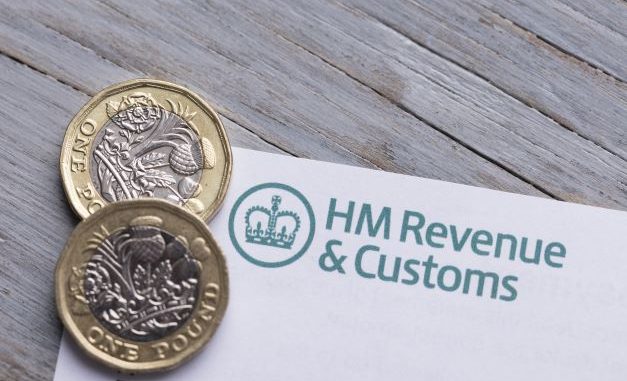
Granted, the coming holidays isn’t the best time to be thinking about your taxes, but if you would like to avoid headaches next year, you may want to get ahead of the game when it comes to this oh-so-worrying topic. Many of us have spent sleepless nights worrying about our taxes weeks before the deadline on the 31st of January. If you are not looking forward to the same thing, there are certain things you can do to ensure that you’re well-prepared and ready even before the start of the tax year on the 5th of April. If you don’t want to have a taxing (pun intended) time with your taxes next year, here’s a list of top new year’s resolutions you should have for better tax management.
Understand your responsibilities
What a lot of us don’t realise is that oftentimes, we’re the problem. Many of us tend to procrastinate on our tax efforts and responsibilities because the process is contradictory, confusing, and complex. But this isn’t the way to go at all because you will most likely ignore your tax return or accounting duties until the last minute – and then start panicking.
The trick is to set a reasonable deadline for finishing, such as the middle of October. Then, figure out what you are scared of or even what you find too boring to deal with, then outsource it to an accounting firm. Accountants in central London, such as GSMAccountants.co.uk, would be more than willing to tackle those aspects for you, and the extra cost would be more than worthwhile if it means saving yourself a lot of hassle, headache, and even potential fines and penalties.
Make sure you stay on top of it
One excellent habit you should form is to do your accounts through the entire year instead of allowing it to pile up and then just getting to it at the last minute. Doing this could save more time, not to mention money, particularly in the long term.
Keep in mind that one of the main questions asked by HMRC when they decide to investigate a company or person is whether or not their records and books are updated during the year. So if you only compile your records once the tax year ends, HMRC may see it fit to argue that your records aren’t accurate.
File and store it properly
Many of us hate clutter, so we tend to throw away stuff – even important stuff. Nevertheless, it pays to file paperwork such as bank and credit card receipts and statements, even if they don’t show any payments you’d like to offset against your taxes. Online bank accounts will not usually give you written copies of your statements; you can’t search online further than a year. This makes it especially crucial to keep your bank statements and secure either hard copies or digital copies.
If HMRC investigates you, they will go through your financial records and affairs, and this can include both your business and personal bank accounts. So make sure you keep all records, so you don’t have to panic if they ask you about a cheque payment you received two years ago when they ask you whom the cheque was from or why you got paid.